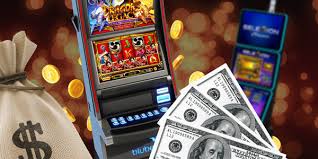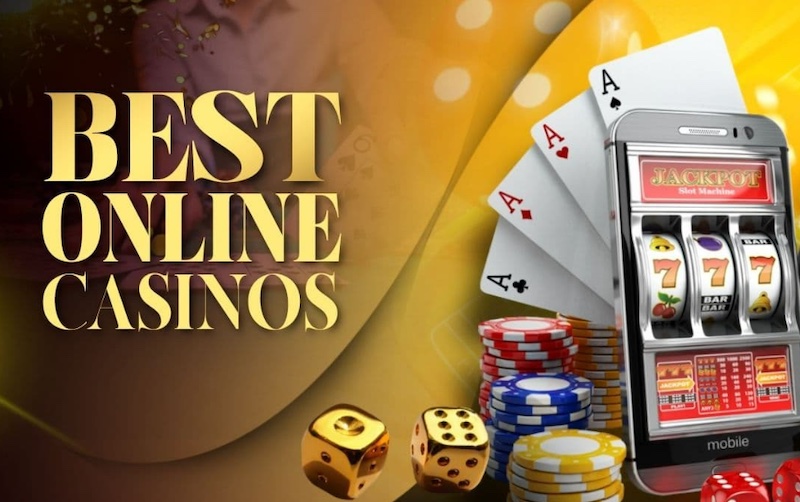
The Role of NFTs in Modern Digital Culture
The digital landscape has rapidly evolved over the past few years, and one of the most fascinating developments in this evolution is the emergence of Non-Fungible Tokens (NFTs). These unique digital assets have transformed various industries, from art and music to gaming and real estate. Understanding the role of NFTs in our society is crucial as they continue to reshape our interactions with digital content and ownership. The Role of NFTs in Online Casino Rewards in 2025 megapari apk
What Are NFTs?
Non-Fungible Tokens, or NFTs, are unique cryptographic tokens that exist on a blockchain, making them distinct and irreplaceable. Unlike cryptocurrencies such as Bitcoin or Ethereum, which are fungible and can be exchanged on a one-to-one basis, NFTs represent ownership of a specific digital or physical item. This uniqueness ensures that no two NFTs are the same, making them ideal for representing collectible items like art, music, video clips, and even virtual real estate.
The Impact of NFTs on the Art World
The rise of NFTs has revolutionized the art industry, providing artists with new avenues to monetize their work. Traditionally, artists relied on galleries and physical sales to generate income. With NFTs, they can sell their work directly to consumers on platforms like OpenSea or Rarible, eliminating middlemen and allowing for greater profit margins. Moreover, NFTs enable artists to retain a percentage of sales through smart contracts, ensuring they benefit from future resales.
One of the most significant instances showcasing the power of NFTs in the art world was the $69 million sale of a digital artwork by artist Beeple at a Christie’s auction. This landmark event not only highlighted the financial potential of NFTs but also validated digital art as a legitimate and valuable medium.
NFTs in Gaming
The gaming industry is another area where NFTs are making waves. Game developers are leveraging blockchain technology to create unique in-game assets that players can buy, sell, or trade on secondary markets. This not only enhances the gaming experience but also empowers players with true ownership of their digital assets.

For example, games like Axie Infinity and Decentraland allow players to earn cryptocurrency by participating in gameplay or owning virtual real estate. These assets can be converted into real money, creating an entirely new economy within gaming. This shift not only increases player engagement but also fosters a community where players can collaborate and compete in unprecedented ways.

Collectibles and Virtual Ownership
NFTs have also carved out a niche in the world of collectibles. Digital collectibles offer enthusiasts a new way to invest in and showcase their hobby. Whether it’s trading cards, virtual pets, or unique items from popular franchises, NFTs provide an easily accessible and verifiable way to own and trade these assets.
Platforms like NBA Top Shot illustrate the potential for sports collectibles in the NFT space. Fans can purchase, sell, and trade officially licensed moments from NBA games, encapsulating the thrill of sports fandom in a digital format. This phenomenon has attracted millions of users and generated significant revenue, demonstrating the lucrative potential of NFTs in the collectibles market.
NFTs and Virtual Real Estate
The concept of virtual real estate is gaining traction thanks to NFTs. Virtual worlds such as The Sandbox and Decentraland allow users to buy, sell, and even develop parcels of land represented as NFTs. This new frontier blurs the lines between the digital and physical worlds, with users investing in virtual properties as a long-term financial strategy.
The ability to create, customize, and monetize virtual spaces is attracting businesses, developers, and gamers alike. Companies are beginning to recognize the marketing potential of owning virtual real estate, leading to innovative approaches to brand engagement and consumer interaction.
The Future of NFTs
As we look to the future, the role of NFTs will likely continue to expand across various sectors. Their ability to establish provenance, authenticity, and ownership is invaluable in a digital landscape increasingly filled with counterfeit and low-quality content. From music and film to fashion and beyond, the potential applications are seemingly limitless.
However, challenges remain. Issues related to copyright, environmental impact due to energy-intensive blockchain transactions, and market speculation could hinder the broad adoption of NFTs. It is essential for industry stakeholders to address these concerns proactively to foster sustainable growth in this burgeoning market.
Conclusion
NFTs are undeniably transforming the way we perceive ownership and value in the digital realm. By providing artists, gamers, and collectors with new opportunities for monetization and engagement, NFTs are poised to redefine industries and consumer experiences alike. As technology continues to evolve, the role of NFTs will likely expand even further, creating exciting possibilities for the future of digital culture.